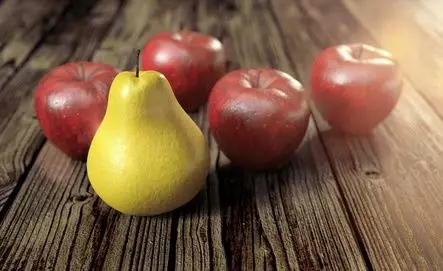
We ask ourselves:
These are many questions for which we hardly get any answers in test reports.
The comparison between natural materials and plastics is sparse. Perhaps the reason for this is not a lack of interest, but a lack of naturally built mills?
We read tests on grain mills and often could only shake our heads at the information we received.
For example, one tester told us that grain should be washed thoroughly before grinding. Moist grain is almost the worst thing for a grain mill, as every housewife knows today and a tester should know too.
Today, we defend ourselves against false reports by making statements that disprove the nonsense of some reports. How could we regrind millstones free of charge under the 12-year warranty if they are as smooth as river pebbles within a few years?
No competitor offers free regrinding within this time as a free service.
Do you really think we would offer this service if we had to expect every mill to come back to us within a few years? We can be so generous because we know that most mills only come to us for stone grinding after around 25 – 30 years.
If you have taken the trouble to read this article, then you are a buyer who is not guided by banal advertising claims, but by your own intellect.
Address:
Gasteigweg 25,
5400 Hallein
Austria
Opening hours:
Monday to Thursday: 09 – 16:00
Friday: 09 – 12:00
Contact:
Phone: +43 6245 83282
E-mail: [email protected]
Address:
Gasteigweg 25,
5400 Hallein
Austria
Opening hours:
Monday to Thursday: 09 – 16:00
Friday: 09 – 12:00
Contact:
Phone: +43 6245 83282
E-mail: [email protected]

